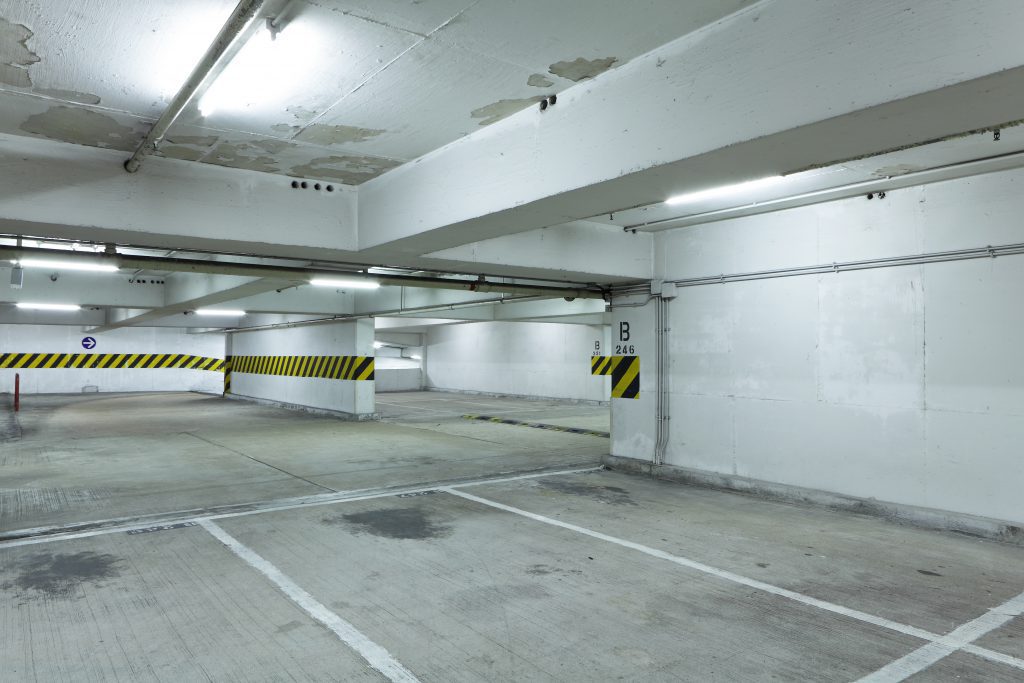Need Help?
Our team is available to support you!
Bring us a quote and we will BEAT it!
We welcome the opportunity to consult with you, Contact us for a free consultation.
Welcome to SEClacs, your trusted partner for comprehensive structural engineering solutions. With a specialization in basement conversion and extension, we are dedicated to helping you unlock the full potential of your basement space. Our team of experts is here to guide you through the process, from design to construction, ensuring a seamless and successful transformation.
Basement Conversion: Discover the possibilities of turning your basement into a functional and livable space. Whether you envision a home office, gym, guest suite, or self-contained apartment, our experienced professionals understand the complexities involved. We will handle essential tasks such as damp proofing, insulation, ventilation, and compliance with building regulations, all while creating a space that adds value and versatility to your property.
Basement Extension: When you need additional living space without sacrificing your garden or ground floor area, a basement extension is the ideal solution. Our team specializes in the excavation and construction of new basement spaces. With our expertise, you can create a well-designed extension that enhances your property’s value and offers design freedom for a space that meets your specific needs and desires.
Comprehensive Structural Engineering Services: At SEClacs, our commitment goes beyond basement projects. Our team of experienced structural engineers is equipped to handle a wide range of projects, including residential, commercial, and industrial structures. From architectural design support and structural assessments to construction supervision and building regulations compliance, we provide comprehensive services tailored to your unique requirements.
Client-Focused Approach: Your satisfaction is our priority. We believe in transparent communication, meticulous attention to detail, and delivering projects on time and within budget. Our collaborative approach ensures that your vision is brought to life while maintaining structural integrity and safety. Throughout the entire process, we work closely with you, ensuring a positive and fulfilling experience.
Discover the Possibilities: Whether you’re considering a basement conversion, an extension, or any other structural engineering project, SEClacs is here to help you realize your vision. Our experienced team offers innovative solutions, expert guidance, and a commitment to excellence. Let us transform your space into something remarkable.
Contact SEClacs today to discuss your basement conversion or extension project. Our team of experienced structural engineers is ready to bring their expertise and passion to your vision. Let’s embark on this exciting journey together.


A basement conversion refers to the process of transforming an existing basement into a functional, livable space. This could involve turning a previously unused or underutilized basement into a home office, gym, guest room, or even a self-contained apartment. The process typically involves a range of tasks including damp proofing, basement insulation, basement ventilation, and ensuring there’s a proper fire escape route, all of which need to comply with building regulations.
There are numerous benefits to a basement conversion:
Here is a step-by-step guide to basement conversion:
There are countless ways to utilize a converted basement. Here are a few ideas:
A basement extension involves excavating beneath your home or garden to create a new basement space. This is a more complex and costly process than a basement conversion, but it can add significant value to your home and provide additional living space without sacrificing garden or ground floor space.
The benefits of a basement extension include:
Here’s a step-by-step guide to building a basement extension:
Here are a few ideas for your basement extension:


A structural engineer plays a crucial role in both basement conversion and extension. They ensure the structural integrity of the project, assessing the property’s ability to withstand the changes and advising on necessary reinforcements. You should contact a structural engineer in the early stages of planning your basement project, especially if you’re considering a basement extension, which involves significant structural changes.
The cost of a basement conversion or extension can vary widely depending on the size and complexity of the project. Here’s a rough breakdown:
Remember, these are just estimates. The actual cost can vary based on a variety of factors, including the specific conditions of your property, the complexity of the design, and the materials used. We can provide a more accurate estimate after assessing your specific needs and circumstances.


Before starting a basement conversion or extension, it’s important to understand the planning permission and building regulations that apply. In many cases, a basement conversion falls under “permitted development,” meaning you don’t need planning permission. However, if you’re extending the basement or changing the external appearance of the house, you may need permission. Building regulations apply to all basement projects and cover areas such as fire safety, ventilation, and structural integrity.
Like any construction project, basement conversions and extensions can encounter problems. Here are a few common issues and their solutions:
Waterproofing is crucial in any basement project. It involves protecting the basement from water ingress, which can lead to damp and structural damage. There are several methods of waterproofing, including tanking (applying a waterproof coating to the walls), installing a cavity drainage system, or using waterproof construction materials. A specialist can advise on the best method for your specific situation.
Insurance is important during a basement conversion or extension to protect against potential risks and damages. You may need different types of insurance, including:


Basement conversion and extension projects can add significant value and functionality to your home. Whether you’re looking to create a home office, a guest suite, or a home cinema, the possibilities are endless. Remember to plan carefully, consider all costs, and ensure you comply with all necessary planning permissions and building regulations.
However, it’s important to remember that such projects require professional expertise to ensure safety, compliance with regulations, and the best possible results. As experienced structural engineers based in the UK, we are here to guide you through every step of the process, from initial planning to final completion.
Ready to transform your basement into a valuable and functional space? Contact us today to discuss your project and find out how we can help. Our team of experienced structural engineers is ready to bring your vision to life. Let’s create something amazing together.
In many cases, a basement conversion falls under “permitted development,” meaning you don’t need planning permission. However, if you’re extending the basement or changing the external appearance of the house, you may need permission. We can help you navigate these regulations.
Yes, it’s possible to build a basement under an existing house. This is known as a basement extension or “underpinning.” It’s a complex process and requires the expertise of a structural engineer, like our team here.
Access can affect the construction process and the functionality of the finished space. For example, you’ll need to consider how construction materials will be brought in and out, and how people will access the basement once it’s finished. We can help you plan for these considerations.
Long-term water monitoring involves regularly checking the basement for signs of water ingress or damp. This can help identify any issues early and ensure the waterproofing measures are working effectively. Our team can assist with setting up and conducting this monitoring.
Yes, it’s a good idea to monitor your basement for water ingress over the long term, especially if you’ve converted or extended it. This can help prevent damp and structural damage. We can provide guidance on this.
“Heave to counter uplift” refers to the use of weight or downward force to counteract the upward pressure that can be exerted on a basement structure by groundwater. This is a complex issue that should be assessed by a structural engineer, like our team.
You’ll typically need a structural survey to assess the condition of your property and identify any potential issues. If you’re extending the basement, you may also need a site investigation to assess the ground conditions. We can conduct these surveys for you.
If you’re converting an existing basement, you may not need a site investigation. However, if you’re extending the basement, a site investigation can be crucial to assess the ground conditions and identify any potential issues. Our team can provide this service.
A topographical survey may be necessary if you’re extending the basement, especially if the extension will affect the external ground level. This can help inform the design and construction process. We can conduct this survey for you.



We welcome the opportunity to consult with you, Contact us for a free consultation.